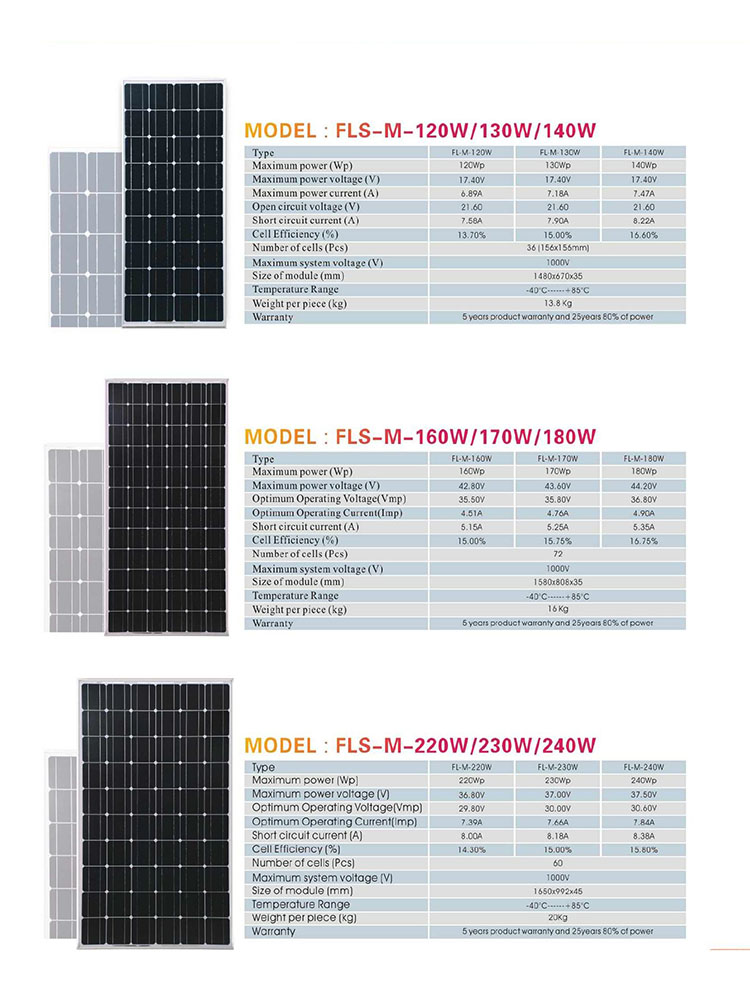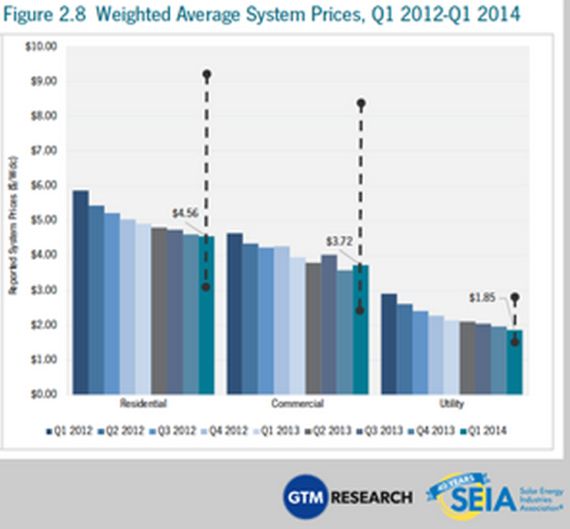
There are several incentives to install solar power on your property in Massachusetts. Installed solar systems before December 31st 2011 qualify for a tax exemption. SRECs enable you to sell your energy back into the utility, creating an income stream for the life time of the system.
SMART Program
The SMART program for solar in Massachusetts is a state-mandated incentive program that supports solar deployment across the state. This program provides a fixed rate per kWh for solar power, over the lifetime of a system. It also encourages storage. Massachusetts has increased its solar target to twice the amount since last year and made it mandatory that all solar systems with more than 500 kW are paired up with energy storage.
The Department of Public Utilities approved the SMART program in Massachusetts for solar energy. While utilities had proposed caps on the on-bill credits for solar projects in their communities, the DPU rejected both proposals. The utilities also rejected a fixed charge on all ratepayers. They instead preferred a volumetric rate that places less financial strain on ratepayers.
Property tax exemption
Massachusetts offers a tax break for solar and renewable energy projects. If you own a home in the state, you may qualify for this tax break. But, it is important to know the rules for property tax exemption when you install a wind or solar energy system. If you plan to sell the electricity you produce to an electric company, you can't claim the solar tax exclusion.

By filling out an exemption application, you can apply to the local assessor. The exemption lasts for 20 year. When the exemption expires, you must submit a new application for the exemption. In the meantime, your assessor should note the year on your property record card, indicating that the exemption will expire. In addition, the assessor should keep a separate list of exempt devices.
Financial incentives
Massachusetts is a great state for solar energy. There are excellent financial incentives available for panel installation. These incentives can help lower the cost of installing solar panel and increase the payback period. Massachusetts offers one of the best solar incentive programs in the country, the Solar Massachusetts Renewable Target program. This program pays customers a fixed rate for each kilowatt hour over ten years.
This state offers numerous financial incentives to solar installation, including tax credits or rebates. It is also working towards its Clean Energy Standard. Therefore, its renewable energy portfolio has goals in line with this goal. You can get tax credits from the federal government in Massachusetts. The Commonwealth, some cities, and some towns offer rebates. Depending on your income level, you could receive a tax credit of up to 30%. Additionally, the state of Massachusetts now has a solar tariff program that assigns a value to the power you generate and send back to the grid. This program replaces SRECIII and SRECII.
Legality
If you are planning to install solar panels on your home in Massachusetts, you must know the legalities of solar easements. These agreements are between you and another person, or business, that give you the right to place solar panels on their property. This way, you can enjoy tax benefits and save money. It is important to remember that solar panels require a clear path from the sun to function properly.
Massachusetts is committed increasing renewable energy sources. Recently, solar energy systems have gained popularity. The state is currently facing several legal challenges due to the popularity of solar energy systems. The Massachusetts Supreme Judicial Court recently ruled that solar energy systems were not in violation of zoning laws.

Costs
Installing solar panels on your home is an excellent way to cut your energy costs. The costs of solar panels will vary depending on their size. However, the average Massachusetts cost per watt is between $2.67-$3.31. There are a few ways to reduce costs while still ensuring that your solar installation is an attractive option for your home. You can also ask for an estimate from a local solar installer to determine how much your project will cost.
Massachusetts offers many incentives to solar panel installation. There are two options: you can get rid of the sales tax on your equipment and take advantage of a state credit for renewable electricity. In addition, you could receive income tax credits up to $1,000 for producing solar electricity. Massachusetts also offers an SREC Market for solar electricity that is generated by homeowners. This market allows homeowners to make significant income by selling their excess energy to utility companies.